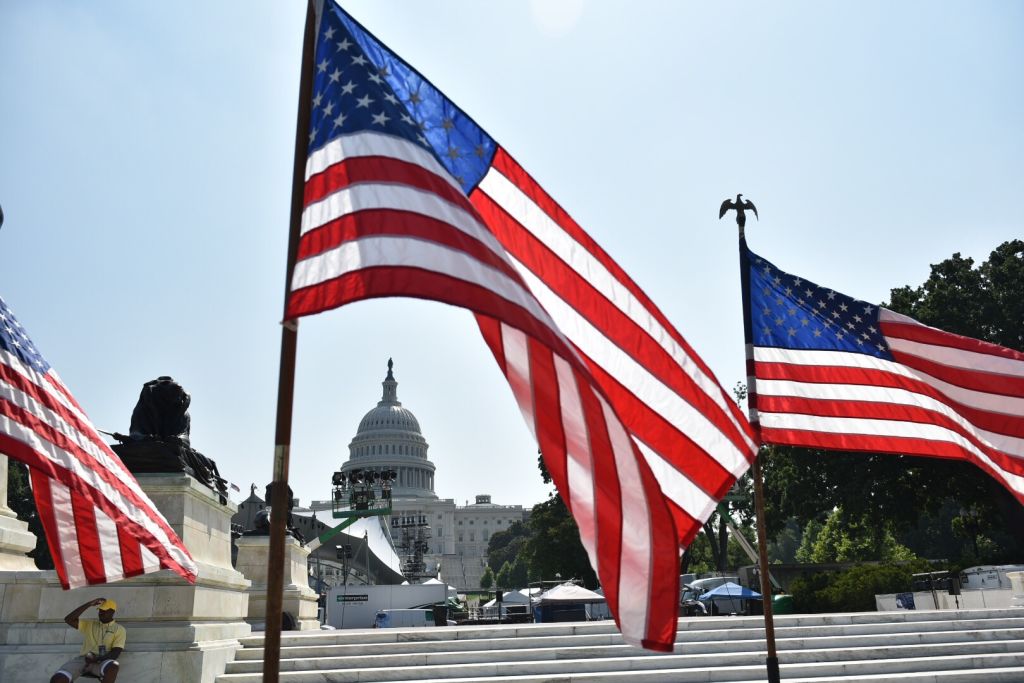Rise in low-income jobs makes the job easier for Fed in rate hike
The market analysts, economists say that current situation is favoring the US Fed to take a decision on interest rate hike. The improvement in the labor market in low-income jobs is giving much-needed support to the US Fed.
The improvement in labor market particularly rise in low-income jobs for Americans is giving much-needed elbow room for the US Federal Reserve to take a decision to hike interest rates. Otherwise, Fed was under pressure to take any decision on interest rates. Before taking a decision to raise the interest rate, the US Fed has to ensure that the economy is ready for the decision. Indicating the US economy is doing well, many poorer and less educated workers are finding more jobs and those who're in employment they're receiving pay hikes. Policy makers seem to be confident as the jobless rate is 5.1 percent, which's an acceptable level for the economy.
The US Fed has been keeping interest rates at near zero level since December 2008 and now the central bank has no enough time to brainstorm further. It has to take a decision on Thursday (17 December). Market analysts predict that there's 27 percent chances of raising interest rates.
Stock market pundits forecast that considering the latest turmoil on the US markets and global stock exchanges, the US Fed may not opt for interest rate hike in the two-day meeting, but leaves the decision to next meeting in December. Keeping at the current near-zero level will boost the industrial activity thus supporting the economy, said economists.
When the economy turned weaker, low-income groups were the worst hit. This was more particularly visible when jobless rate rose to 10 percent level during the 2007-09 period, more African-Americans and other low-skilled workers were hard hit largely. Considering the current situation, some economists still hold the view that the US wage growth is indicating slackness in the economy.
Economists also say that jobless growth of five percent is not more positive one as the last recession had many declines in numbers of people waiting for jobs. According to the US Labor Department, the number of people with a job or looking for work has more or less been stabilized during the past 12 months.
The jobless growth rate contracts when the recession takes millions of people out of employment. During the past 12 months, the unemployment rate eased one percent.
The stocks on the Wall Street rose amid mixed views on interest rate hike hitting the market. The bullish US markets also indicate the weakness of the US government bond prices. S&P 5oo index up 1.3 percent to 1,978 points recovering more than the loss recorded on Monday. The index is still 7.3 percent below the record high reached in May.
The index tumbled 42 percent from the peak in June following the adverse conditions in the global economy. A section of market circles predicts that there's a high possibility of the rate hike after nine years.
However, wages in low-salaried jobs are moving upwards indicating the tightening of the labor market. The leisure and hospitality sectors are considered to be low-paying sectors. These segments are registering average hourly wage of $12.33 during the past 12 months. This was 3.1 percent higher than the previous year. Weekly earning also show signs of rise for the low-income Americans as well.












